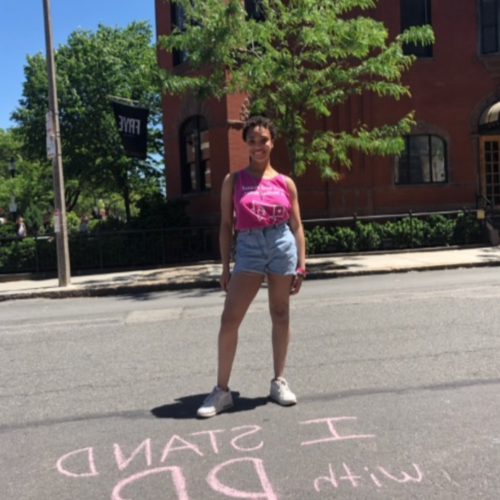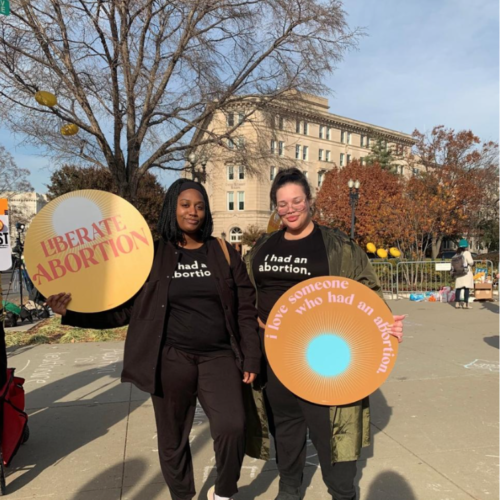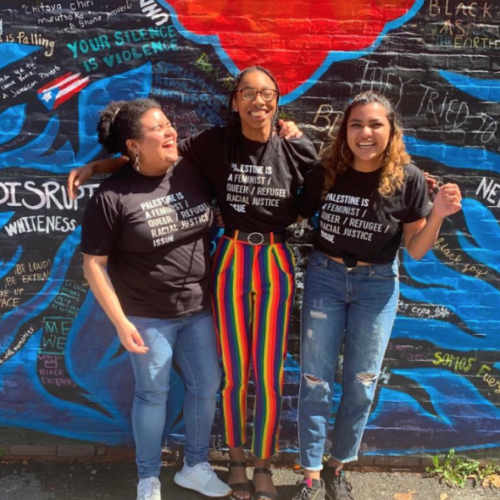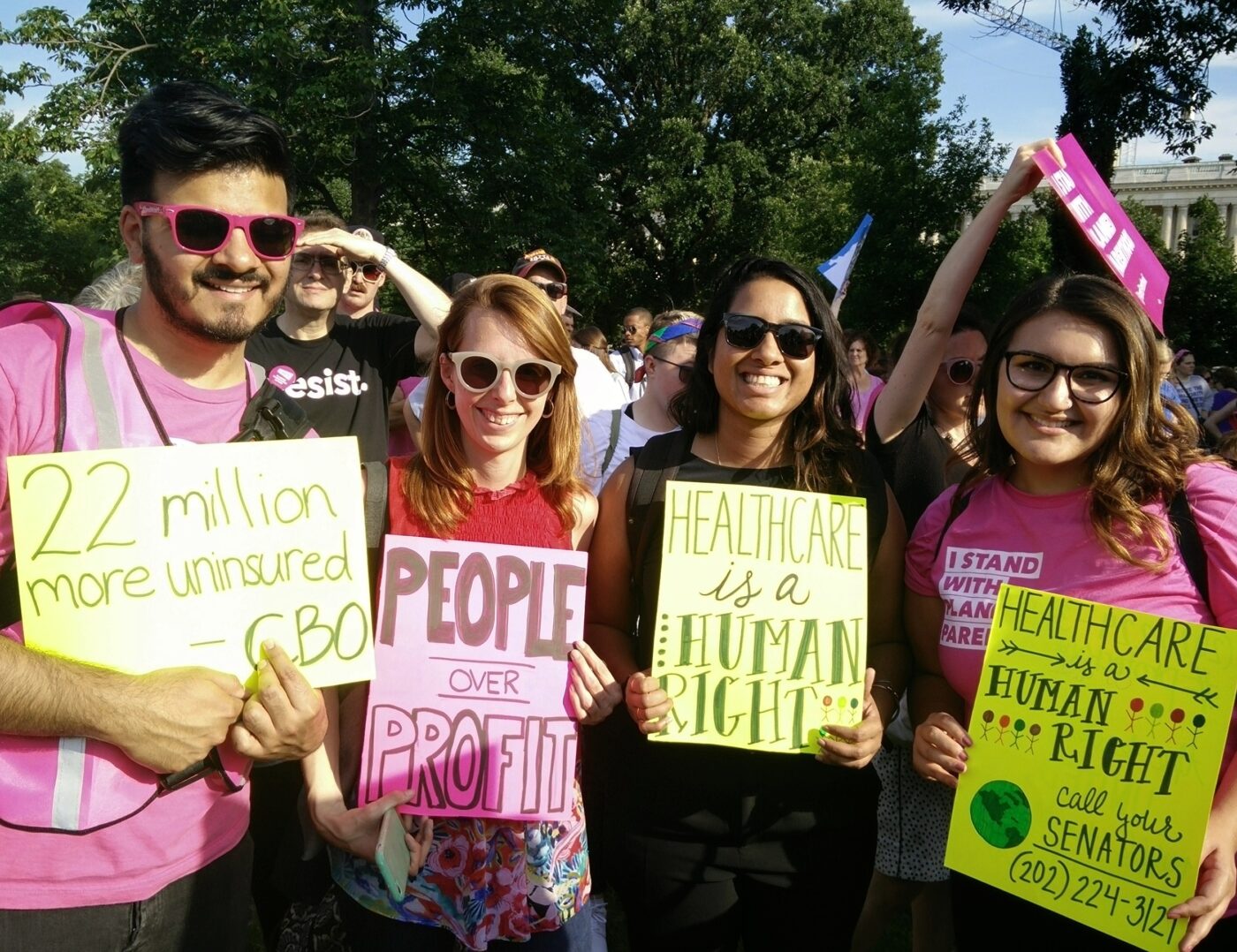
our collective impact
Learn about the collective impact we made to advance reproductive justice in 2022-23. Read the report.
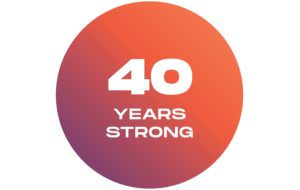
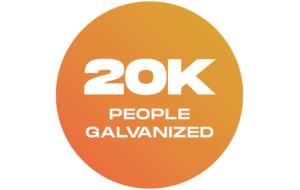

reproductive justice reaches beyond roe—and so do we
The reproductive justice frame work recognizes the deep intersectional ties between racial, gender, and economic justice – and their impact on people’s lives, choices and access when building their family. We are committed to supporting the voices of youth, BIPOC, and low income communities – and to breaking down the economic barriers that keep them from the table. Our programs are free to all participants, and our Collective Rising Interns are paid for their work.
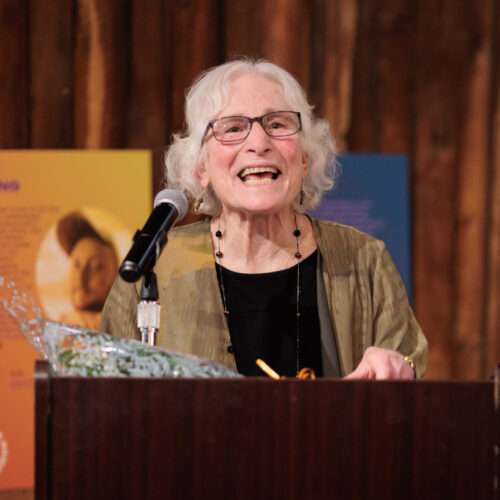
honoring the visionary work of LONG-TIME DIRECTOR, marlene gerber fried.
In 2022 we launched The Marlene Fund: Supporting Activism, Building Movements. The fund was created to support Collective Power’s national expansion in honor of our long-time, accomplished, and beloved faculty director, Marlene Gerber Fried, who retired from teaching at the end of this academic year.
The need for programs that educate, train, and support young people in hostile, rural, and conservative areas as activists and leaders is even more acute today. The first phase of our national expansion has significantly increased access to our programs and work in geographic areas most in need of reproductive justice activists and leaders.
The Marlene Fund is supporting the launch of our new Collective Rising Fellowship. It will also allow us to expand our Collective Rising Internship program from 30 interns to 50 interns by 2026.
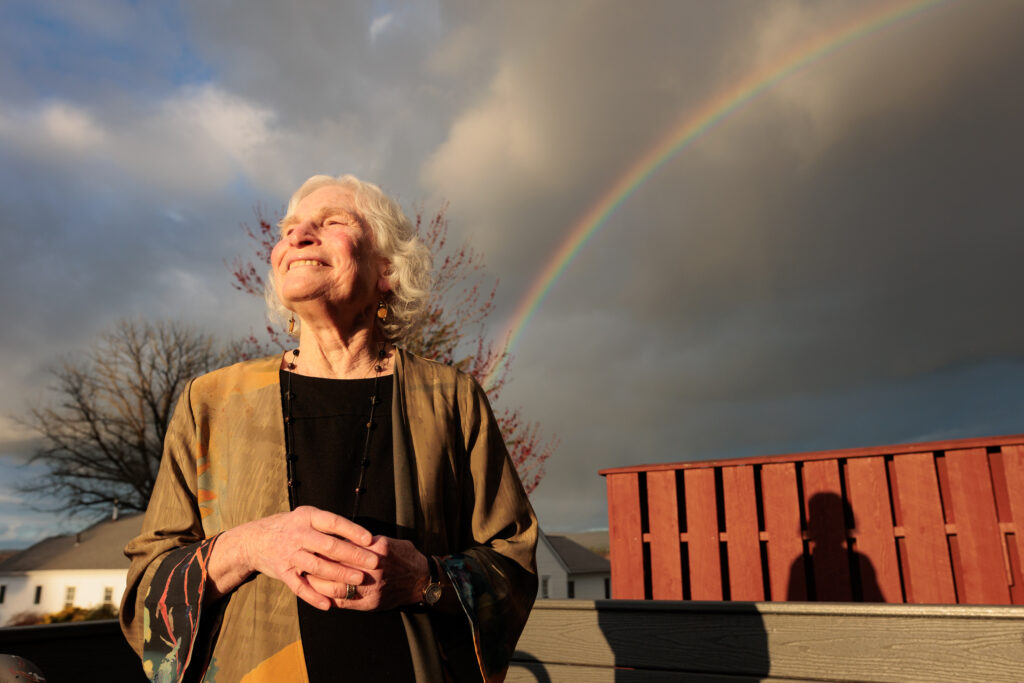
Honoring 40+ years of advancing the movement.
We created a powerful tool – an interactive, educational timeline – showing the power of four decades of investment into the movement, in the context of activism within the movements for reproductive health, rights, and justice.
Visit the interactive timeline.
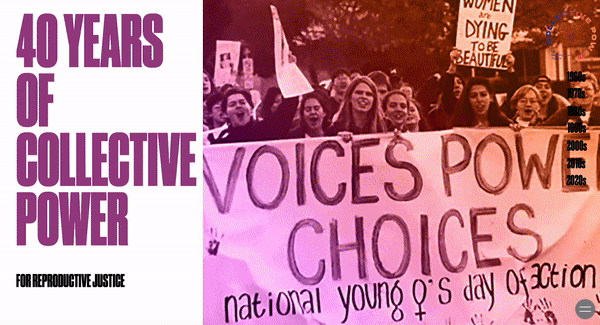
we worked with fellows to build up the reproductive justice movement across 5 census regions.
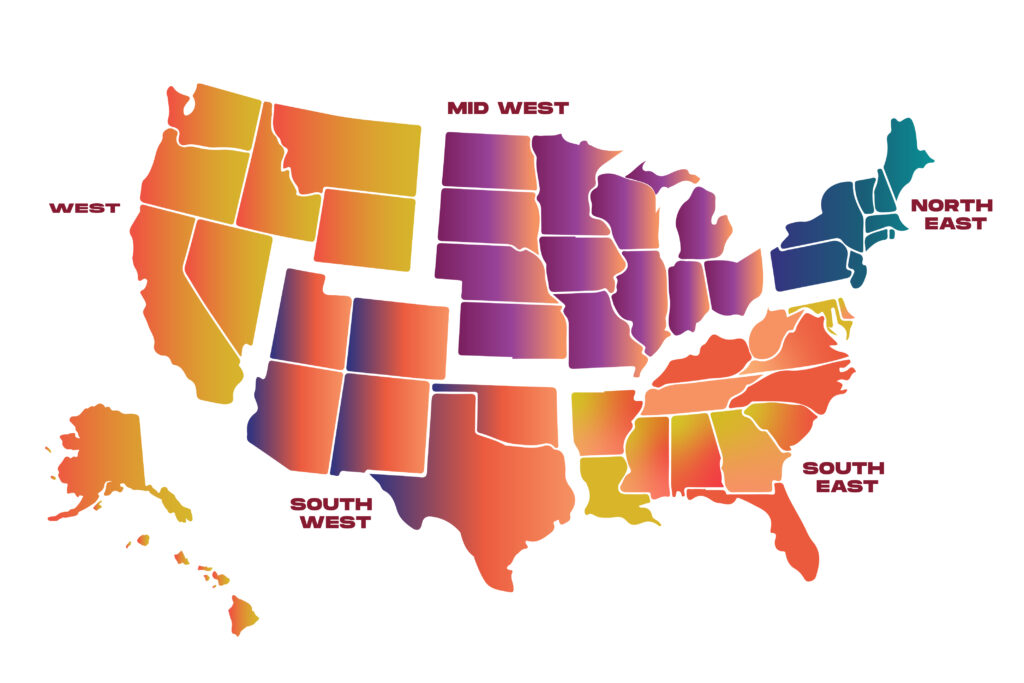
Thanks to The Marlene Fund, we have taken the first step in our national expansion: a pilot of the Collective Rising Fellows program.
Building the reproductive justice movement means we must lift up the work and leadership of people deeply impacted by reproductive injustice and support them in sustaining that work in their own communities.
A regional presence allows us to be part of and support the community, creating deeper roots, lifting up voices of local leaders, and being responsive to local needs.
Our cohort of fellows are five incredible young activists, all of whom have been through our internship program. They are working across the country from Texas to Chicago (each in a different census region).
collective power alumni create change.
